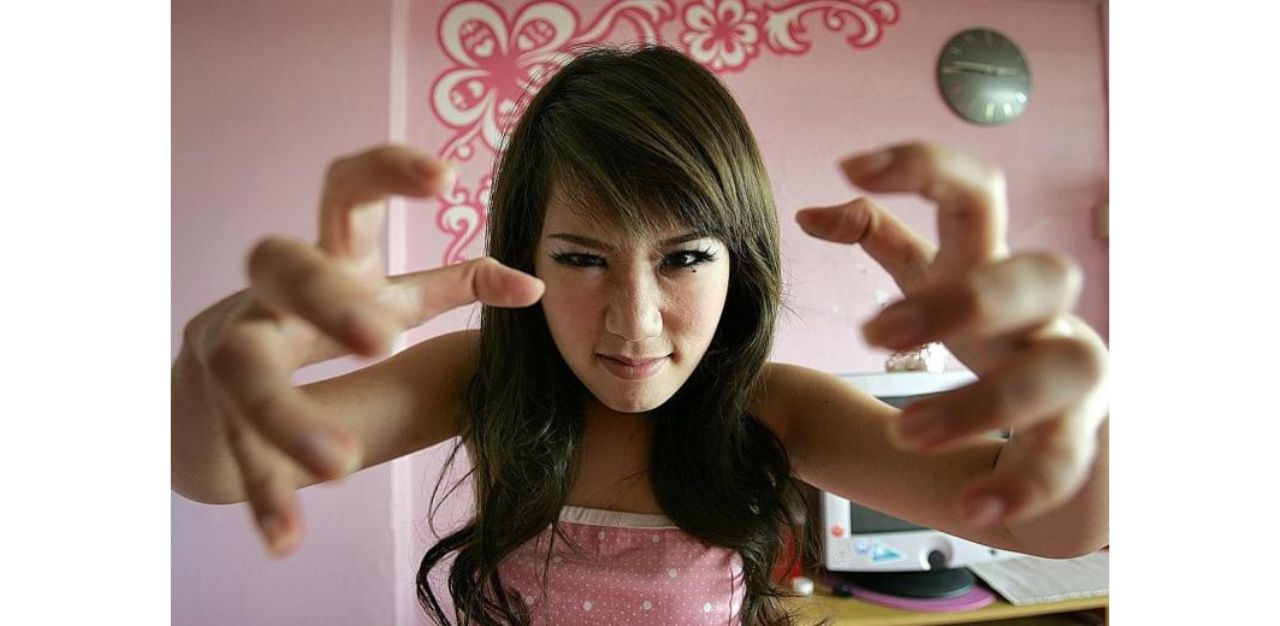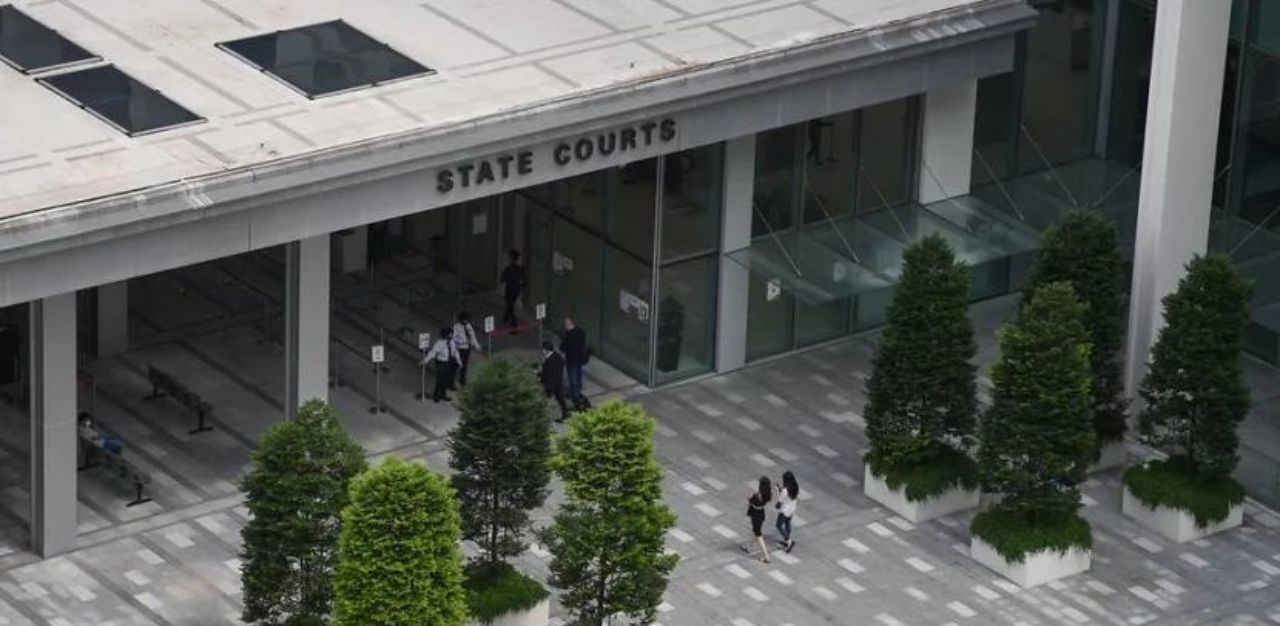A law to deal with cancel culture is in the pipeline, Home Affairs and Law Minister K Shanmugam announced on 22 Aug.
“In the feedback we have received, many are worried about being cancelled, and I take that very seriously. My Ministry, the Ministry of Law, has been looking at measures to deal with the harm caused by cancel campaigns. People ought to be free to express their views without fearing being attacked – on both sides. So, we plan to do something about this,” he said in an interview with The Straits Times.
This announcement came in the wake and referred to the sentiments expressed by religious groups in their concerns about being cancelled for expressing their views after Prime Minister Lee Hsien Loong announced the repeal of Section 377A during his National Day Rally on 21 Aug.
“In some Western societies, not few, this has resulted in culture wars, contempt for opposing views – not just for their views but for the opposing people, cancel culture to brow beat and shut up opponents, and bitter feuds splitting society into warring tribes. There are some signs of similar things starting to happen here too,” said PM Lee on managing differing viewpoints in society.
A month after his interview with the Singapore daily, Mr Shanmugam reiterated the government’s commitment to tackling cancel culture on the international stage — first to Bloomberg TV’s Haslinda Amin and then with the BBC.
“We should be encouraging people to be able to express their viewpoints on all sides as long as it’s not offensive and doesn’t descend to hate speech … If we find the right solutions, yes, that should be something that we could see in legislation in the near future,” he said.

Singapore is not the only country taking action against this phenomenon. In December 2021, then justice secretary of Britain Dominic Raab announced preparations to outline significant reforms of human rights laws that he said will counter “wokery and political correctness”.
Mr Raab said the overhaul of existing legislation will protect the “quintessentially British” right to freedom of expression, giving existing protections “extra weight” amid concerns they are being undermined by the rise of “cancel culture”.
Following suit, the Singapore government also wrestles with appropriate tools and means to combat the increasing worry about cancel culture. According to Associate Professor of Law at the Singapore Management University (SMU) and former NMP Eugene Tan there are difficulties and nuances of such a law.
“All we have for now is the government’s indication that it is looking into the possibility of promulgating legislation to deal with cancel culture. For example, what does it mean when a person claims to be cancelled? How does the alleged victim show proof of being cancelled? All too often, incidents are interpreted, described, or remembered by different people in different ways. The devil’s really in the details,” he says.
What is cancel culture
As Dr Tan points out, “cancelling someone is not a new phenomenon”.
He cites similar ideas brought about by the 19th century English philosopher, economist, and Member of Parliament John Stuart Mill who cautioned not only against governmental restraints on human liberty but also the threat posed by social conformism.
“The demand that all other people shall resemble ourselves, grows by what it feeds on,” wrote John Stuart Mill in his philosophical essays “On Liberty”.
Dr Tan adds that French politician Alexis de Tocqueville wrote about this problem in his study of America as early in 19th-century.
In Singapore today, there have been many instances of an individual being cancelled. Popular blogger Wendy Cheng or more commonly known as Xiaxue experienced cancel culture in 2020 as police reports were made over her previous comments that were perceived as racist. She was reportedly further dropped by brands that she had represented at the time.
Busker Jeffrey Ng experienced similar tunes as well after the internet sensation literally cancelled live performances at booked venues after a wave of online backlash over his alleged treatment of his ex-girlfriend.

As the nature, causes, extent, and mediums of their “cancellation” differ, herein lies the difficulty in defining it in legal terms.
Law Society president and partner at TSMP Law Corporation Adrian Tan says that the term “cancel culture” does not have a legal definition.
“It is a phrase used to describe a situation where a person is ostracised from a particular group. To ‘cancel’ someone means to prevent that person from expressing a view, or from participating in a discussion,” says Mr Tan.
“For cancel culture to be effective, it has to be a group effort. An individual who tries to silence another will seldom succeed. But if that individual persuades others to join in, and together they try to silence somebody else, then that would be more effective. That’s the essence of cancel culture. It’s basically about a group of people bullying someone who has a different opinion,” Mr Tan adds.
Mr Tan cites an example of a university professor who may be cancelled by his students. The students may boycott the professor’s classes, or the students may pressure the university to silence the professor.
Values and protections of the law
“People who support cancel culture are natural opponents of inclusivity and diversity. To have an inclusive and diverse society means to have different views, and celebrate open discussion. Cancel culture is inconsistent with such ideals,” he says.
“Any proposed law will have to delicately balance the right to freedom of speech and expression and the right to freedom of religion. But neither fundamental right should trump the other,” says Dr Tan.
He ads that the proposed law should also not “engender moral panic about speaking up and being silenced, and of people and institutions policing or purifying themselves in the face of disapproving crowds for fear of the reprisal of being cancelled.”
Ultimately, any law in this regard must “aim to create the outcome of civility in public discourse and promotion of responsible speech”, says Dr Tan.

Similarly, the law must protect people who were falsely accused of cancelling others.
The proposed law should operate as a “shield to protect a person from being silenced and subject to public opprobrium”, says Dr Tan, adding that where people must be able to “express deeply-held beliefs and convictions, whether faith-inspired or secular in origin, so long as such views are also respectfully expressed”.
He adds that the question for any proposed law revolves around the extent to which a person who has expressed his views should be protected from a robust response.
“It cannot be a case of putting forth a strong view in the public domain and to expect no response,” he says.
How the law might be implemented
In the Committee of Supply (COS) Debate 2022 in March on “Singapore’s Approach to Criminal Justice”, Mr Shanmugam reinforced Singapore’s decision making behind laws.
“Criminal justice systems have various objectives. … First, to deter crimes; second, to provide proportionate punishment for offenders; third, to protect public safety; and fourth, to rehabilitate ex-offenders. How a government balances these objectives depends on a country’s needs and values,” he said.
For any law to be effective, deterrence is a requirement and especially one that seeks to regulate behaviour says Mr Tan.
“The law will have to determine whether it applies only to individuals or to individuals and non-living entities like an advocacy group and a religious community,” Dr Tan adds.
The challenge in crafting such a law is to “get the balance right”.
He says that there are means of dealing with cancel culture through the tightening of existing statues where possible. The Protection from Harassment Act (POHA) could be a parking area for the proposed law if one key requirement of being cancelled is for a person to be harassed.
Under POHA, it reads, “An individual or entity must not, with intent to cause harassment, alarm or distress to another person (called in this section the target person), by any means use any threatening, abusive or insulting words or behaviour; make any threatening, abusive or insulting communication; or publish any identity information of the target person or a related person of the target person, and as a result causing the target person or any other person harassment, alarm or distress.”
“However, if it is envisaged that there is to be the creation of a new category of offences, and that being cancelled is qualitatively different from being harassed or defamed, then a standalone legislation might be better,” says Dr Tan.
“In this case, POHA provides a good precedent on how the legislation might be structured and how the protection mechanism might work as well as safeguards from using the law as a sword to silence others,” he adds.

Further possibilities to enact laws to protect freedom of speech, and to prevent “cancelling” could be formulated by allowing an individual who is being cancelled to sue those people who are responsible, says Mr Tan.
Such a law would give the affected individual the right to obtain a court injunction, and the right to claim monetary or other types of compensation.
“Another type of law against cancel culture might take the form of prohibiting people from shouting down or otherwise obstructing a person from expressing an opinion. This type of law would be aimed at, for example, speeches and events where a group of people demonstrate to prevent someone from giving a speech,” Mr Tan says.
“One way is to have a law prohibiting cyberbullying or real-life bullying that is aimed at cancelling someone. For example, there might be laws to prevent people from organising themselves to target an individual who has a different opinion, or to target the individual’s employer, or to target organisations or groups that the individual belongs to,” he adds.
Dr Tan says the proposed legislation can define what cancel culture is but that has to be distinct from defamation, hate speech, or even harassment.
“Looking at the US, for example, cancel culture is sometimes used when a person seeks to opportunistically defend himself from criticism, however legitimate. Fundamentally, the concern is to deal with mob justice and ensuring the constitutional guarantees of freedom of speech and expression as well as freedom of religion can be exercised optimally,” he says.
“If Singapore crafts such a legislation to deal with the so-called cancel culture, the law would be pioneering. The law must also be a pathfinder in how our society learns to disagree agreeably,” he adds.
RELATED: Silent majority: A carnage of cancel culture?
Join the conversations on TheHomeGround Asia’s Facebook and Instagram, and get the latest updates via Telegram.














